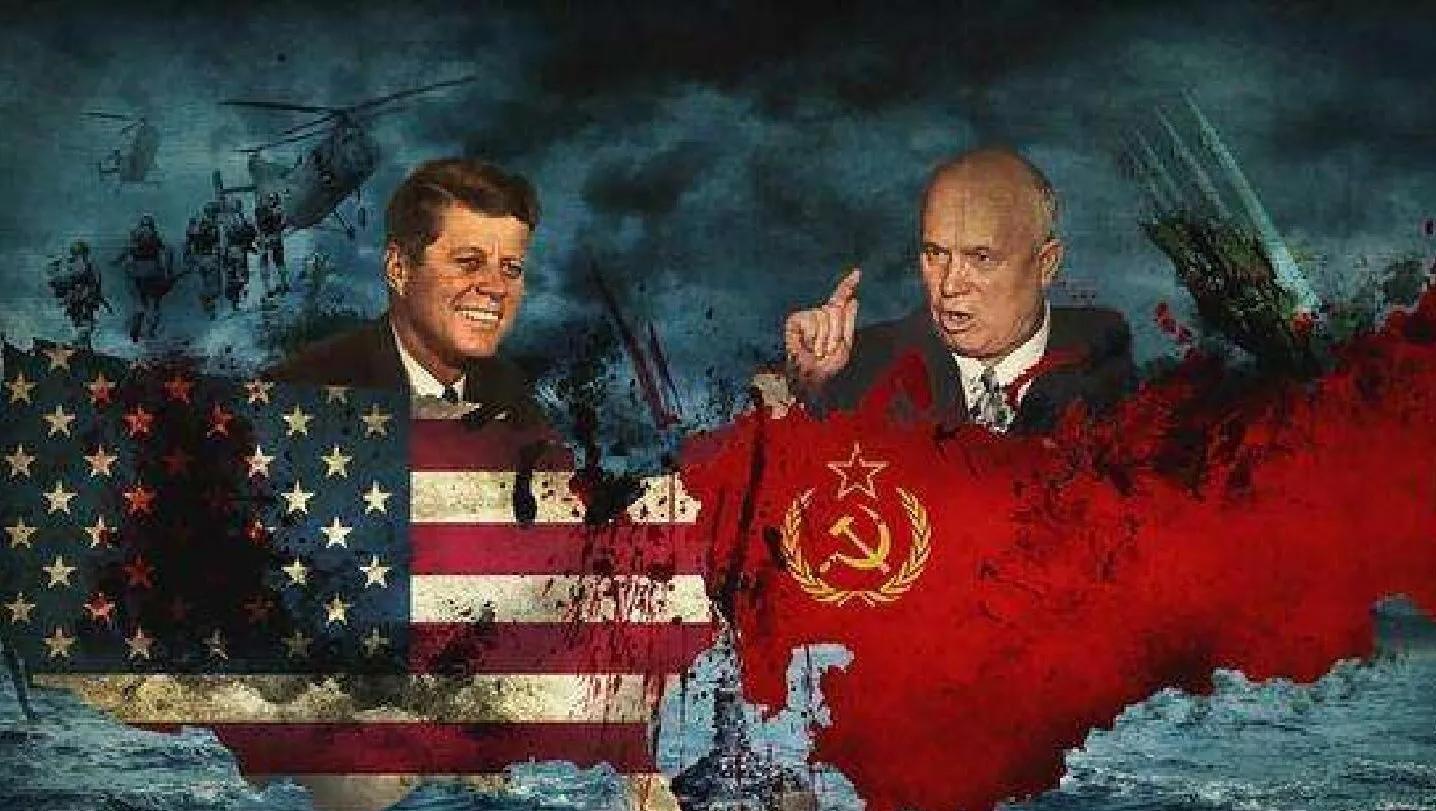Speaking of the Cuban Missile Crisis, let us first understand the antecedents, past and final events of this incident on the impact of the international situation.
I. Causes:

1. It is due to the deployment of medium-range ballistic missiles in Italy and Turkey by the United States in 1959.
2. The invasion of the Gulf of Hunting in Cuba instigated by the United States in 1961 suffered a shameful failure, and the United States has always been grumpy about this and always wants to wait for an opportunity to intervene in Cuba. At the same time, Cuba's relations with the former Soviet Union have become closer and closer, while the friction between the United States and the Soviet Union has become increasingly serious.
2. Retaliation
At that time, the ratio of missiles between the United States and the Soviet Union was 5:1, and the superiority of the United States in the balance of forces was extremely obvious, and the former Soviet government was worried about this. In order to force the United States to remove missiles from Turkey or other areas close to the former Soviet Union, Khrushchev decided to deploy Soviet missiles in Cuba and found a grand reason: to defend the achievements of the Cuban Revolution.
Third, confrontation
In July 1962, the Deputy Prime Minister of Cuba visited the former Soviet Union, and it was not long before the former Soviet Union began to ship missiles to Cuba. In October of the same year, the U-2 reconnaissance aircraft of the United States discovered missile bases in Cuba, and President Kennedy immediately lodged a strong protest against the former Soviet Union, demanding that the missile launch facilities in Cuba be dismantled immediately, otherwise the United States would not hesitate to eliminate these missile facilities that directly threatened the security of the United States. The answer of the former Soviet side to this is that these missile bases are purely defensive in nature. However, the United States did not hesitate, insisting that the missiles fired from the base would be enough to destroy major American cities.
On October 16, 1962, President Kennedy formed the Executive Committee of the National Security Council to study countermeasures against the soviet Union. The members of the Executive Committee put forward a number of options, which can be summarized as three main: first, air strikes on the Cuban missile base; President Kennedy believes that if the US military strikes the Cuban missile base, it will inevitably lead to the outbreak of a nuclear war, which may lead to the evil consequences of both the United States and the Soviet Union being defeated and even destroyed at the same time, and appealing to the United Nations is only a continuation of the current state of quarrel and no help. President Kennedy therefore advocated the imposition of a blockade on Cuba, which would certainly put enormous pressure on Khrushchev and effectively control developments.
On October 22, President Kennedy delivered a televised address announcing that the United States would impose a blockade on Cuba. Since then, a large number of U.S. Navy warships and 20,000 naval soldiers have begun to carry out blockade operations. U.S. militaries around the world are also on alert. Khrushchev was taken aback by the toughness of the United States, and he ordered an increase in the delivery of missiles and Soviet bombers to Cuba.
The Soviet government issued a statement that if the Soviet ships were intercepted, the former Soviet Union would fight back with the strongest possible force. Seeing that the Soviet Union was so tough, Kennedy ordered the Army's First Armored Division to enter the area near Cuba, and the other 5 divisions to be put on emergency alert, and the nuclear-armed B-52 bombers were on standby.
In fact, Kennedy did not intend to really start a war, he only wanted to force Khrushchev to remove the missile base from Cuba, so all he did was intimidation. Kennedy has worked hard not to lose face with Khrushchev and to react more strongly not to the soviets feeling that their national security is at stake, in order to avoid an escalation of the crisis.
Similarly, Khrushchev's so-called "strong reaction" is nothing more than a trick of the inward-looking, and he does not dare to expand the situation again and again.
4. Exchange of benefits
In order to avoid nuclear war, the United States and the Soviet Union compromised with each other. In order not to embarrass the U.S. allies of the North Atlantic Treaty, and for propaganda purposes, the United States withdrew its troops from Turkey later than the Soviet Union, and it was done in secret. And take care not to armed aggression against Cuba. The Soviet Union withdrew its strategic weapons in preparation for the deployment of Cuba.
V. Impact:
1. A turning point in U.S.-Soviet relations.
The United States and the Soviet Union more deeply realized that the two sides have mutually consistent interests in avoiding nuclear confrontation and maintaining nuclear monopolies.
2. The gap between the Soviet Union and the United States narrowed.
The Cuban missile crisis prompted the Kremlin to make up its mind to vigorously develop nuclear weapons, change the inferiority, and wash away the "shame of cowardhood" of the year. Sure enough, by the end of the 60s, the Soviet Union had caught up with the United States, gradually turning the Soviet Union into an offensive in the global scramble.
5. Substance
In my opinion, the United States has won face, the Soviet Union has won, the Soviet Union has achieved its strategic objectives, and the United States has essentially made strategic concessions in Europe.